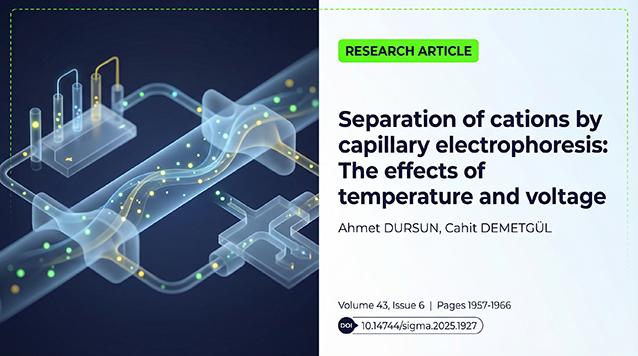2Department of Biology, Faculty of Science, Canakkale Onsekiz Mart University, Çanakkale, 17000 Türkiye
Abstract
The purpose of this study was to determine the impact of feeding time on NPY/AgRP protein and mRNA expression in the brain during prenatal and postnatal periods. Feeding at different times of the day during pregnancy may have lasting effects on the hypothalamic circuitry in offspring energy homeostasis. In the experimental design, adult female hamsters were ran-domly assigned to receive three different feeding conditions: ad libitum, night-time feeding and day-time feeding groups. After the lactation period, feeding regimens were continued for the offspring born from mothers who were given nutritional regimens, until they were 30 days old. RT-PCR for NPY/AgRP mRNA expression and ELISA analysis for protein levels were performed on hypothalamus tissues of hamsters at 10, 20 and 30 days of postnatal stage. There was no difference between the groups in terms of the daily measured food consumption of the offspring’s. Body weights were significantly decreased in both night-time and day-time feed-ing groups compared to the ad libitum group (p<0.05). The highest increase in mRNA expres-sion of NPY/AgRP was seen in the samples taken at 10. day of lactation in the night-time and day-time feeding groups of the offspring treated with three different feeding regimens. When the feeding regimes were compared, it was observed that the protein and mRNA expression of both NPY and AGRP increased the most in the offspring groups in which the feeding was restricted night –time only. Early stages of development have shown that maternal factors have significantly affected the offspring NPY and AgRP mRNA expression and protein levels. These results show that the metabolic regulation of energy balance may change with maternal factors during the very early stages of development.
















